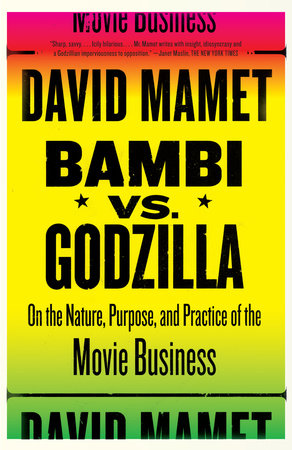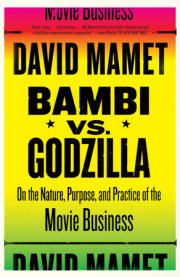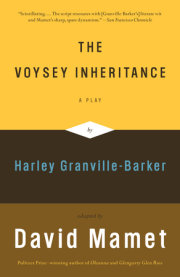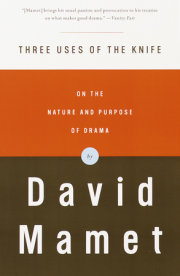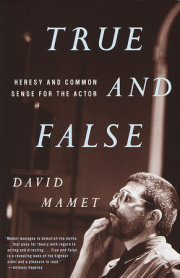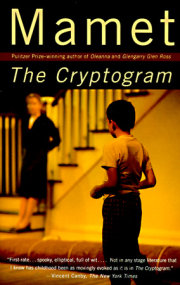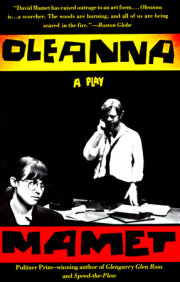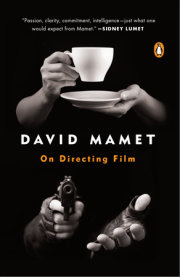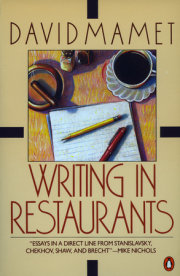Hard WorkBilly Wilder said it: you know you’re done directing when your legs go. So I reflect at the end of a rather challenging shoot.
The shoot included about five weeks of nights, and I have only myself to blame, as I wrote the damn thing.
Directing a film, especially during night shooting, has to do, in the main, with the management of fatigue. The body doesn’t want to get up, having had so little sleep; the body doesn’t want to shut down and go to sleep at ten o’clock in the morning.
So one spends a portion of each day looking forward to the advent of one’s little friends: caffeine, alcohol, the occasional sleeping pill.
The sleeping pill is occasional rather than regular, as one does not wish to leave the shoot addicted. So one recalls Nietzsche: “The thought of suicide is a great comforter. Many a man has spent a sleepless night with it.”
One also gets through the day or night through a sense of responsibility to, and through a terror of failing, the workers around one.
For folks on a movie set work their butts off.
Does no one complain? No one on the crew.
The star actor may complain and often does. He is pampered, indulged, and encouraged (indeed paid) to cultivate his lack of impulse control. When the star throws a fit, the crew, ever well-mannered, reacts as does the good parent in the supermarket when the child of another, in the next aisle over, melts down.
The crew turns impassive, and the director, myself, views their extraordinary self-control, and thinks, “Thank you, Lord, for the lesson.”
The director, the star players, the producer, and the writer are
above the line; everyone else is
below.
There is a two-tier system in the movies, just as there is in the military. Those above the line are deemed to contribute to the fundability or the potential income of the film by orders of magnitude greater than the “workers”—that is, the craftspersons—on the set, in the office, or in the labs.
On the set, the male director is traditionally addressed as “sir.” This can be an expression of respect. It can also be a linguistic nicety—a film worker once explained to me he’d been taught early on that “sir” means “asshole.” And, indeed, the opportunities for tolerated execrable behavior on the set abound.
I was speaking, some films back, with the prop master about bad behavior. He told me he’d been on a film with an ill-behaved star who, to lighten the mood or in a transport of jollity, took to dancing in combat boots on the roof of a brand-new Mercedes. “He did about ten thousand dollars’ worth of damage,” he said, “and this kind of hurt, as I’d given up my day off, unpaid, to go searching for a prop.”
There exists in some stars not only a belligerence but also a litigious bent. I have seen a man take a tape measure to his trailer, as he suspected that it was
not quite perfectly equal (as per his contract) in length to that of his fellow player.
Meanwhile, back at the ranch, the prop master is giving up his day off to ensure that the wallet or knife or briefcase or wristwatch is perfect on Monday.
This is not a picayune instance but, in my experience, the industry norm. While the star is late coming out of the trailer, while the producer is screaming obscenities on the cell phone at his assistant regarding, most likely, a botched lunch reservation, the folks on the set are doing their utmost to make a perfect movie.
I do not believe I overstate the case.
Nevil Shute wrote a rather odd book called
Round the Bend.
Its hero is an Indonesian aircraft mechanic. He is so dedicated to both his job and the ideal of aircraft maintenance that a cult springs up around him. He is taken as an example as a teacher and then as the avatar of a new religion. In the practice of machine maintenance, he has found (and Shute closes with the notion that he may have
become) God.
Some business people feel that they can craft a perfect (that is, financially successful) film
in general, absent reverence, skill, or humility, and inspired and supported but by the love of gold.
But the worker is actually involved, as Leo the Lion says, in
ars gratia artis and takes pride in working toward perfection through
the accomplishment of small and specific tasks perfectly. Like Shute’s hero.
Is the actor’s hair the correct length? (The two scenes are viewed by the audience seconds apart but were shot months apart. If the hair does not match, the audience will be jolted out of the story.) Are the villain’s eyes shadowed perfectly? Does the knife show just the right amount of wear?
I recall the homily of old, that thousands worked over years to build the cathedrals, and no one put his name on a single one of them.
We, of course, enjoy films because of the work of the identifiable, the actors, but
could not enjoy them but for the work of the anonymous, the crew.
The crew is working in the service of an ideal. Faced, as they often are, with intransigence, malfeasance, bad manners, and just plain stupidity on the part of the above-the-line, they react with impassivity.
This might be taken for stolidity by the unobservant or self-involved. It is, in effect, pity.
I was taught early on that the dark secret of the movie business is this:
All films make money. Their income, indeed, flows from on high, and the closer one is to the height of land, the more one gets. The farther from the source, the poorer. This is the meaning of the term of art “net profits,” which may be loosely translated as “ha, ha.”*
And just as there is gold in them thar hills (proximity to the source of the income stream), there is gold in the reduction of hard costs. This reduction includes legitimate business oversight, and may even extend, I have been told, to actual malversation of funds.
Also, we know of Pharaoh that he taxed the Israelites with harsh and unremitting labor, having them make bricks to build his palaces. He then decreed that they must gather their own straw. As did the Reagan administration when it killed the American labor movement.
The guilds and unions in the American film industry retain some strength and have the clout (at least in theory) to protect their workers against the depredations of management in that constant calculus of terror: Management: Submit or I will make all films in Hungary. Labor: Submit or we shall strike.
For any business folk in any business would be glad to take the workers’ work for nothing—they, in fact, consider it their right. They would, in American films, as in hard industry, be right chuffed to see the workers race each other to the bottom, and then, having impoverished them, take the work out of the country. (As, in fact, the studios do now, shooting, I believe, the majority of American films elsewhere.)
The unions, in addition to protecting their membership against the money, must also protect them against their own love of the job. For in the practice of the movie crafts, we see the rampant American love of workmanship—and just as the true actor loves to act, the true carpenter or seamstress loves that perfect corner.
The American icon, for me, is
Rosie the Riveter. Norman Rockwell’s wartime masterpiece shows a young aircraft worker in her coveralls eating lunch. Her scuffed penny loafers rest on a copy of
Mein Kampf.
Rosie the Riveter beat Hitler. Or, to be a little less high-flown—and in deference to the British, who were, as everyone knows, also involved in that late unpleasantness—there is a true and admirable American instinct of “getting it right.”
As I was musing on the same, pondering the star, paid twenty million dollars and ruining the roof of a car, and the prop master, paid twenty thousand and giving up his one day off for the beauty of the thing, I believe I actually began to understand Marx’s theory of surplus value: Q. Whom is the film “by”? Spend a day on the set and you learn. It is by everyone who worked on it.
*Q. From whence does the money originally come? A. We recall the ancient Jewish wisdom, “If you look hard enough,
everything’s treif.”
Copyright © 2007 by David Mamet. All rights reserved. No part of this excerpt may be reproduced or reprinted without permission in writing from the publisher.

